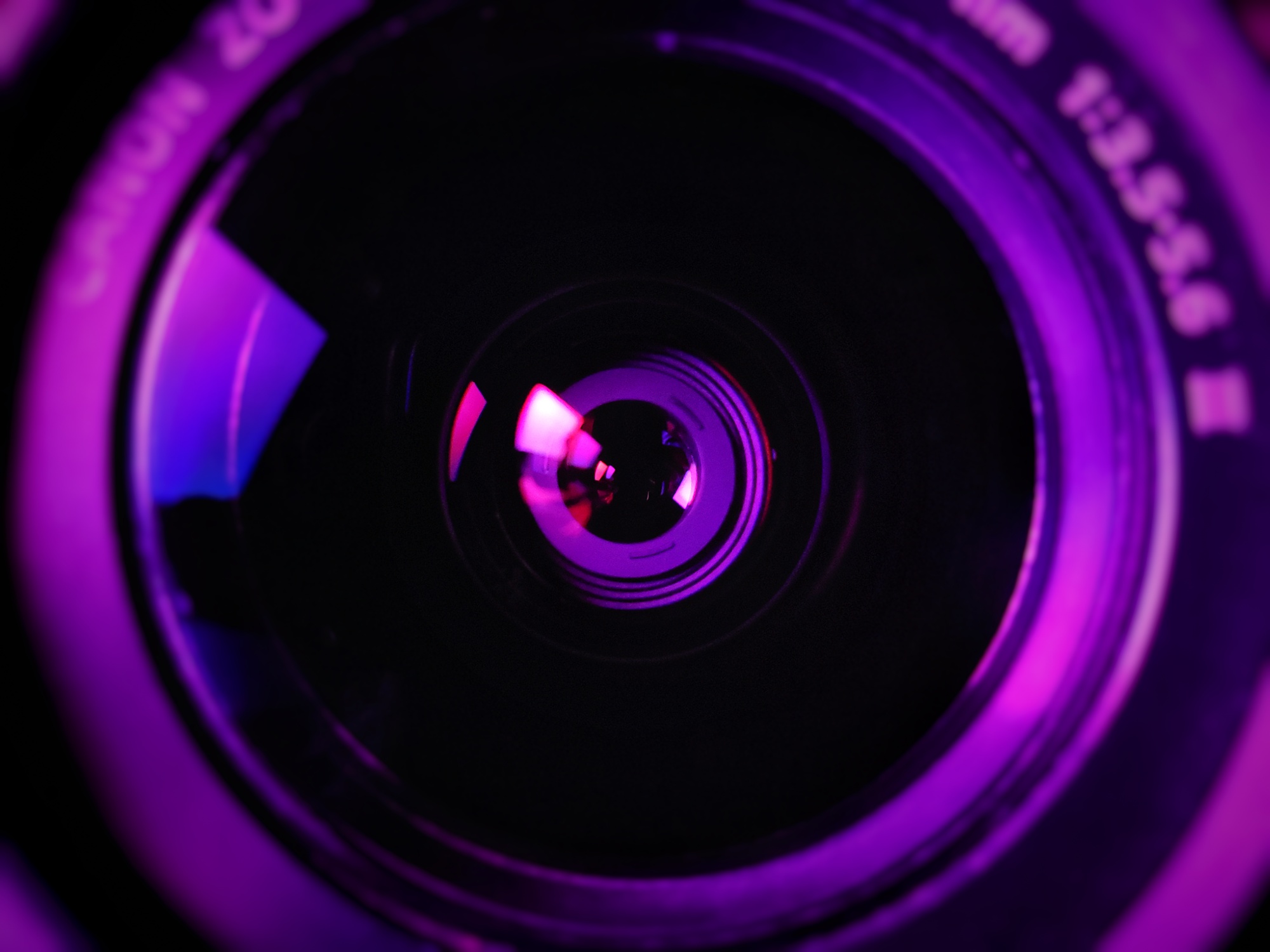There have definitely been strides taken when it comes to the representation of Black women in the media. From critically acclaimed shows with Issa Rae bringing forth the quirky Black girl in her comedy Insecure, to Michaela Coel’s gripping commentary on sexual assualt in I May Destory You — there is progress shown.
However, Hollywood seems to still be in this chokehold with colourism that keeps it from seeing the beauty and creativity dark-skinned Black women can bring to the table.
Recently, the Geena Davis Institute on Gender in Media released an examination on the representation of Black women in film. The study revealed that among the Black female leads and co-leads from the top 100 grossing films each year in the last decade, one in five of them were of a darker complexion. That additionally gets worse when the study points out that Black women in general only made up 3.7 per cent of leads and co-leads.
There’s also layers of texturism involved in the industry, as the study said that 57.1 per cent of Black women’s hair adhere to eurocentric standards of beauty. These numbers are more than disappointing.
Time and time again, when the opportunity to include dark-skinned Black women in film (and even instances where characters are portrayed as dark-skinned), light-skinned and bi-racial women are favoured in their place.
It’s also disheartening when existing intellectual properties (IP) have the opportunity to cast new dark-skinned talent but choose not to and erase their much-needed representation to the community. Jennifer Holness, York alumna and director of the new documentary Subjects of Desire, which highlights how the beauty standard in a white supremecist system affects Black women, points this phenomenon out.
“What’s disturbing to me is this trend where they are casting Black women but almost all of them are bi-racial Black women, and that is really diabolical because we all come in different shades. It seems like woke Black people are working against that stereotype, but Hollywood is business as usual.”
Holness highlights how the beauty standard affects Black women, but specifically comments on the impact it could have on Black youth. “I think that these messages are devastating for young people, who have not formed their core selves — who are trying to find who they are, trying to find power and trying to be comfortable in their skin.”
This problem mainly stems from a lack of representation behind the screen. It’s clear to see that when a Black person is put behind the camera, they are able to represent a sea of diverse Black women.
As aforementioned, Issa Rae’s Insecure was praised for its depiction of a nuanced friendship between Black women. There’s also Ryan Coogler’s Black Panther, which gave the audience a slew of strong and capable Black women in their respective fields of expertise. With the rise of Black creators bringing forth their stories, there seems to be a shift in including all shades of Black people. This, in turn, is opening the eyes of Hollywood to take chances in exploring multi-faceted and unique stories within the Black community.
Michael Zyrd, associate professor and graduate program director of cinema and media studies of the department of film, acknowledges the shift in inclusivity, and is hopeful for the future of cinema and Black storytelling while still acknowledging the steady incline it takes to get there.
“You have a new reckoning in Hollywood. You have a new head of the academy being elected and trying in an affirmative way to change the membership of the academy. We’ve also had some studios, at least, feeling the pressure to make sure that they have Black writers and Black directors who are part of the writing room.”
This can be seen in upcoming projects, such as Marvel’s The Marvels being directed by Nia DaCosta, most notable for her work on Candyman. Additionally, the new reboot of the beloved sitcom The Fresh Prince of Bel-Air is developed by Will Smith and Morgan Cooper and stars many dark-skinned Black women in lead roles.
The road is still long but it shouldn’t have to be. Holness wishes for the tide to change. “Here’s the thing at the end of the day. The magic in us is real and powerful. Oprah Winfrey is not a light skin woman, and she got there from her own merit — and there are so many others. So, we can do what we really choose to, but it shouldn’t be this difficult.”
There will always be a need for representation, but just as that’s demanded, the audience needs to show out for those kinds of films. Always be mindful of who’s behind the camera in the same as who’s in front of it. Holness points out the impact more projects that embrace all Black people can have.
“We gotta actually look at what’s getting made, why it’s getting made, and who’s getting it made. We gotta make sure that if we’re gonna be supporting the Black community, it is that full range because what we watch, what we listen to, what’s put out there in front of us is huge. It is powerful.”





Great article! Well research and written. Thanks! I will ask Selina to post at some point next week. Bless!